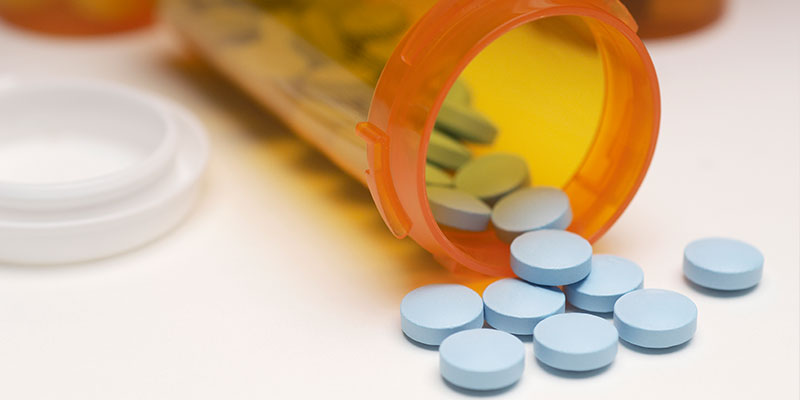Dietary Support for Ativan (lorazepam) for anxiety, sleep issues, or other conditions, maintaining a supportive diet can help manage side effects, reduce dependency risk, and improve overall well-being. Here are some key nutritional strategies:

1. Magnesium-Rich Foods
- Why: Magnesium helps relax muscles and supports sleep, which can be beneficial if you’re taking Ativan to manage anxiety or insomnia.
- Sources: Spinach, almonds, pumpkin seeds, bananas, avocados, and dark chocolate.
2. Omega-3 Fatty Acids
- Why: Omega-3s reduce inflammation and support brain health, helping to stabilize mood and reduce anxiety symptoms, which may reduce the need for Ativan over time.
- Sources: Fatty fish (salmon, sardines), flaxseeds, walnuts, and chia seeds.
3. B-Vitamins
- Why: B vitamins, especially B6, B12, and folate, are crucial for brain function and mood regulation. A deficiency in these vitamins can lead to anxiety and depression, potentially increasing reliance on Ativan.
- Sources: Leafy greens, eggs, fortified cereals, and legumes.
4. Protein-Rich Foods
- Why: Protein supports neurotransmitter production, particularly gamma-aminobutyric acid (GABA), which Ativan mimics to produce calming effects.
- Sources: Lean meats, beans, lentils, eggs, and yogurt.
5. Probiotics and Prebiotics
- Why: Gut health is linked to mental health. A balanced gut microbiome can reduce anxiety and improve mood, potentially decreasing the need for Ativan.
- Sources: Probiotics like yogurt, kefir, sauerkraut, and prebiotics like garlic, onions, and asparagus.
6. Antioxidant-Rich Foods
- Why: Antioxidants combat oxidative stress, which is linked to anxiety and depression. This may support overall mental health while using Ativan.
- Sources: Berries, green tea, nuts, seeds, and vegetables like broccoli and kale.
7. Avoid Excessive Caffeine
- Why: Caffeine can increase anxiety and disrupt sleep, counteracting the calming effects of Ativan.
- Recommendation: Limit coffee, tea, and energy drinks, especially late in the day.
8. Hydration
- Why: Dehydration can worsen anxiety and interfere with sleep, increasing the need for medication like Ativan.
- Recommendation: Aim for at least 8 glasses of water per day, and more if you’re physically active.
9. Limit Processed Foods and Sugar
- Why: High-sugar and processed foods can lead to energy crashes and mood swings, which may increase anxiety.
- Recommendation: Opt for whole foods, lean proteins, healthy fats, and complex carbs to maintain stable energy and mood.
10. Herbal Supplements (with caution)
- Examples: Chamomile, valerian root, and passionflower may naturally support sleep and relaxation. However, consult with your doctor before adding these to your regimen, as they may interact with Ativan.
Would you like suggestions on how to implement any of these strategies into a daily routine Dietary Support for Ativan?